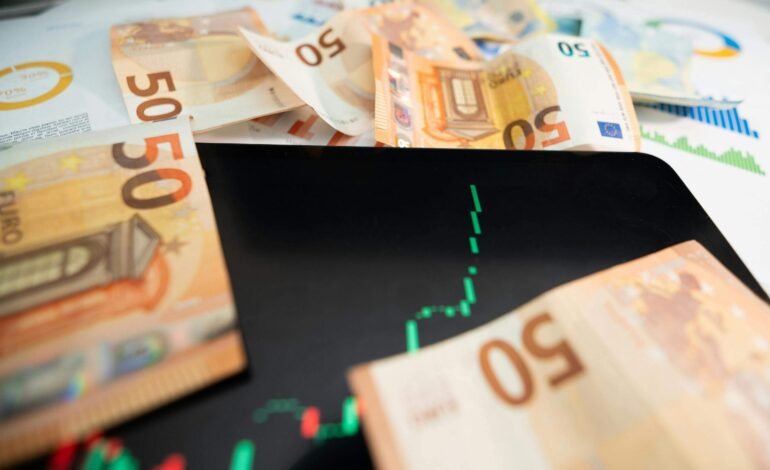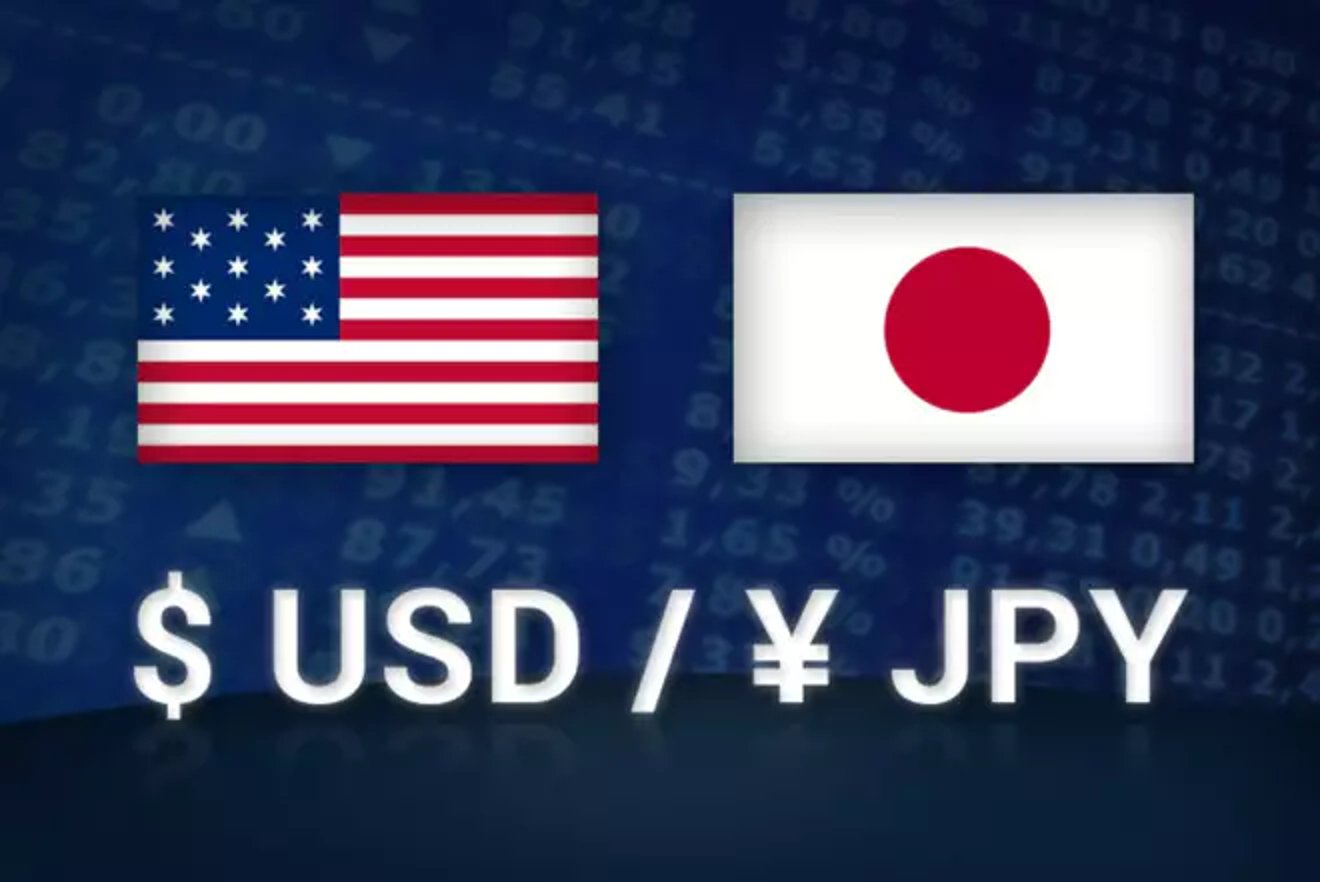Euro (EUR/USD) Faces Pressure Amid German Q2 Economic Contraction

Euro (EUR/USD) Faces Pressure Amid German Q2 Economic Contraction. The German economy contracted in the year’s second quarter, falling short of expectations for a modest expansion. Initial data from Destatis reveals a contraction of 0.1% in Q2, contrary to the anticipated 0.1% growth following a 0.2% expansion in Q1. According to Destatis, there was a notable decline in investments in equipment and buildings, adjusted for price, seasonal, and calendar effects. Destatis is scheduled to release revised GDP figures on August 27th.
Later today, the latest German inflation data will be closely watched for any signs of weakening price pressures. Financial markets are currently pricing in a 66% chance of a rate cut on September 12, and further deterioration in German inflation could increase these odds. Preliminary German inflation data is due to be released at 13:00 UK time.
In the forex market, EUR/USD is struggling to recover from Monday’s losses, with the recent German GDP report exerting additional downward pressure on the pair. Short-term German bond yields have fallen to levels not seen since early February, contributing further to the Euro’s weakness.
EUR/USD Daily Price Chart

Source: TradingView, prepared by FX4Today Team
EUR/USD is currently trading around 1.0830, positioned below the 20-day simple moving average (SMA) but just above both the 50-day and 200-day SMAs. A drop below these SMAs and Monday’s low of 1.0803 could expose the pair to further declines toward the 1.0750 area, potentially moving down to 1.0700. Conversely, a rise could face resistance near recent highs and at the 23.6% Fibonacci retracement level around 1.0866.
Retail trader data reveals that 47.20% of traders are net-long, with a short-to-long ratio of 1.12 to 1. The number of net-long traders has increased by 14.81% since yesterday and by 15.95% from last week, while net-short traders have decreased by 9.23% since yesterday and by 23.48% from the previous week.
In our contrarian approach, the predominance of net-short positions suggests that EUR/USD might rise. However, the decrease in net-short positions compared to yesterday and last week indicates that the current upward trend may soon face a reversal, despite the overall net-short sentiment.
The Euro (EUR/USD) continues to face downward pressure following the contraction of the German economy in the second quarter. Recent data reveals that Germany’s GDP shrank by 0.1% in Q2, contrary to expectations for a slight 0.1% growth, and following a 0.2% expansion in Q1. The Federal Statistical Office (Destatis) reported a significant drop in investments in equipment and buildings, adjusting for price, seasonal, and calendar effects. Revised GDP figures are expected from Destatis on August 27th.
Today’s focus will shift to German inflation data, which will be closely monitored for indications of weakening price pressures. Financial markets are currently pricing in a 66% probability of a rate cut on September 12, and any further softening in German inflation could enhance these expectations. Preliminary inflation data will be released at 13:00 UK time.
In the forex market, EUR/USD is trading around 1.0830, below the 20-day simple moving average (SMA) but just above the 50-day and 200-day SMAs. A break below these SMAs and Monday’s low of 1.0803 could see the pair decline towards the 1.0750 level, with a potential drop to 1.0700. On the upside, resistance is expected around recent highs and at the 23.6% Fibonacci retracement level near 1.0866.
Retail trader data indicates that 47.20% of traders are net-long, with a short-to-long ratio of 1.12 to 1. The number of net-long traders has increased by 14.81% from yesterday and by 15.95% from last week, while net-short traders have decreased by 9.23% since yesterday and by 23.48% from the previous week.
While the majority of traders are net-short, suggesting a potential rise in EUR/USD, the reduction in net-short positions could signal a forthcoming reversal in the current trend, despite prevailing net-short sentiment.








